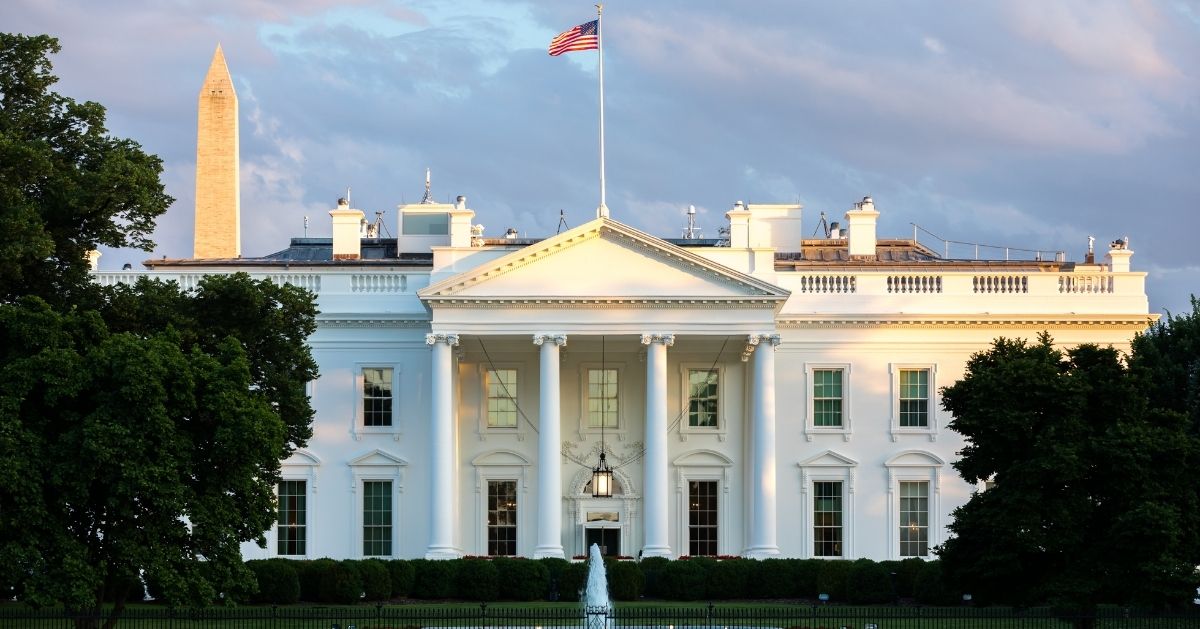More than 400 Education Department staffers laid off amid government shutdown
Before the government shutdown began, President Donald Trump warned Democrats that he would use the opportunity to further reduce the size of the federal workforce through mass layoffs and cuts to various governmental programs.
Now, two weeks into that shutdown, multiple reports have revealed significant staffing cuts at the U.S. Department of Education, with more than 400 employees receiving layoff notices, according to Newsmax.
The move appears to be part of Trump's broader effort to dismantle and ultimately eliminate the federal Education Department, with the legitimate services it provides being either devolved to individual states or transferred to other federal agencies.
Hundreds of staffers laid off
Newsmax reported that around 466 Education Department staffers received layoff notices on Friday, which would reduce the department's workforce by roughly 20% -- a sizable chunk of those who remained after the department, which once numbered more than 4,000 employees, was cut by nearly half earlier in the year.
Many of the current cuts were targeted to a handful of specific offices within the department, most notably including the Office for Civil Rights, offices that oversee the distribution of grant funds, and the Office of Special Education and Rehabilitative Services, which oversees enforcement of the Individuals with Disabilities Education Act, among others.
These and other shutdown-related layoffs have been challenged by several national labor unions, including the American Federation of Government Employees, which has argued that the Trump administration has exceeded its authority to make the personnel cuts.
However, the administration has countered that, in addition to enjoying broad discretion over the employment of executive branch workers, no harm justifying the lawsuits has occurred yet, as the laid-off staffers will remain employed for at least another 30 to 60 days after the notices were sent.
Special Education office largely shut down
ABC News reported that there was particular outrage over the layoffs within the Special Education office, which was said to have been "decimated," with just a few senior leaders and support staffers left in place.
"Do people realize that this is happening to this population of vulnerable students?" one unnamed department leader lamented. "[If] there's no staff, who the heck is going to administer this program? That's the absurdity of this."
They expressed specific concern for the families of students with special needs, and said, "There is a risk that the money to educate their children will not be given to the state, and that their access to support and advocacy for their children with special needs will no longer continue because there is no staff available to administer IDEA."
That anonymous source also took aim at Education Secretary Linda McMahon, who previously expressed her support for the law, and said, "She's consistently said she'll protect IDEA. Well, now, this is not protecting IDEA if they're getting rid of the team. What is she doing with IDEA? Who's going to administer it?"
Who will provide oversight of the federal funds?
NPR reported that the dozens of staffers laid off from the special education office are responsible for overseeing the distribution of approximately $15 billion to serve the particular educational needs of around 7.5 million students with disabilities nationwide.
The exact number of staffers who received layoff notices is unknown, but they reportedly have until December 9 before they are formally out of a job.
As noted, this appears to be part of the administration's broader plan to effectively shut down the Department of Education and devolve the bulk of its responsibilities to the states, though one unnamed state director, who purportedly feared retaliation for speaking out, expressed grave concerns for the impact these layoffs would have on students with special needs.
"I'm fearful. I think it's good for states to know there's federal oversight and that they'll be held accountable," the official told NPR. "The concept of leaving special education up to states sounds great, but it's scary. What happens if one state decides to interpret the law one way, but another state disagrees and interprets it differently?"





